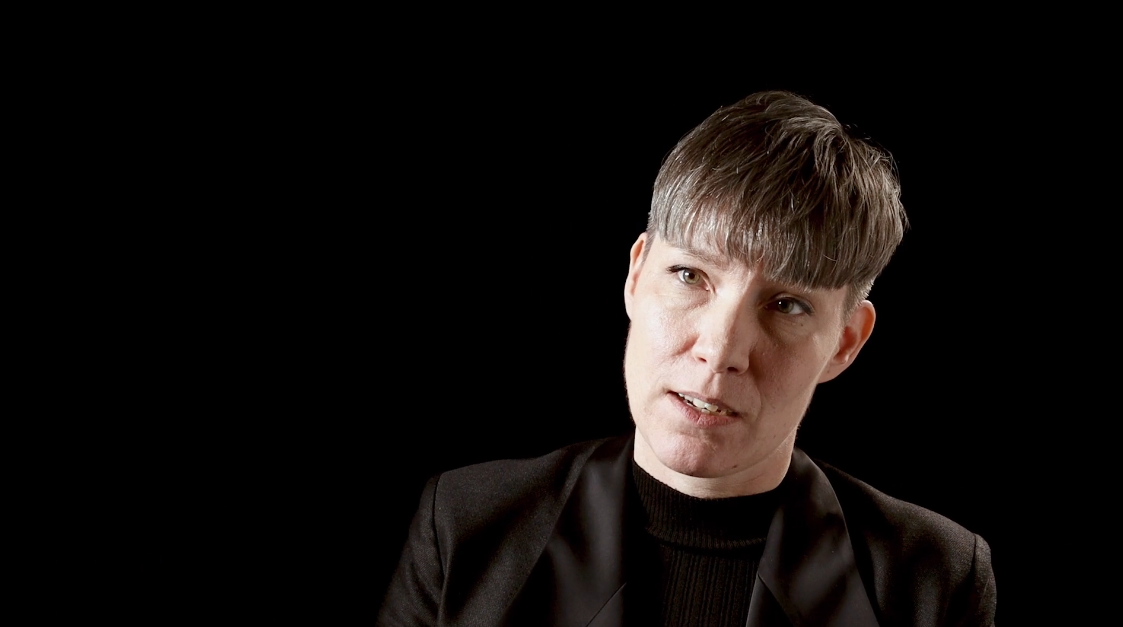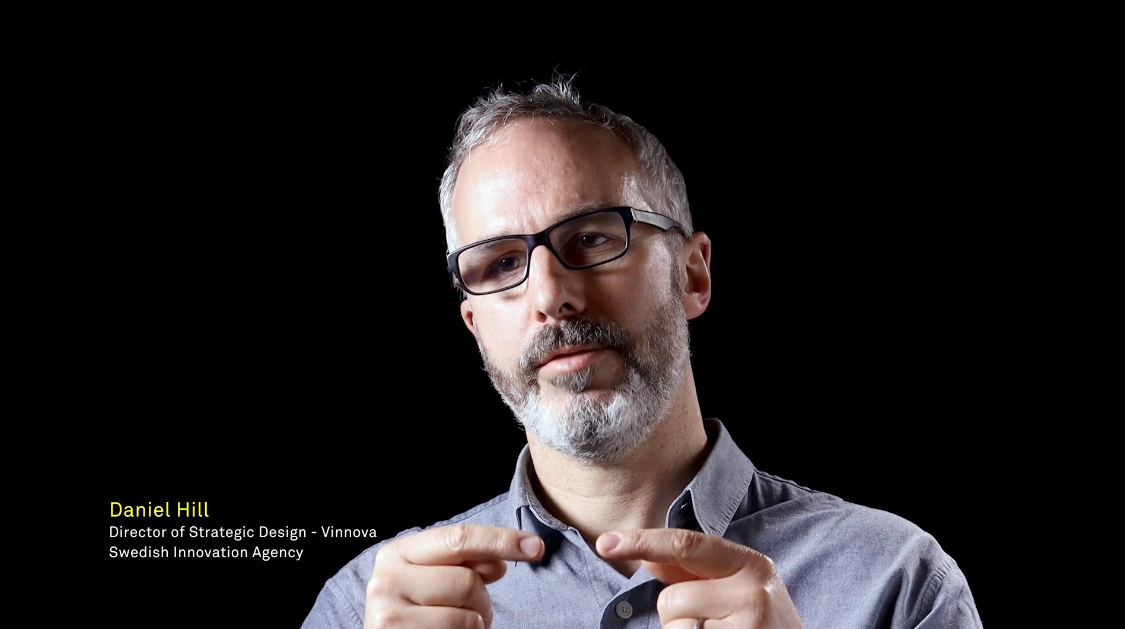LIFE on wheels
INTERVIEW SHORTS
The concept
Life on wheels Interview shorts is a collection of 2-3 minute excerpts taken from more than a hundred hours of interview footage – only a fraction of which were used in our full-length feature film. In total, we imagine creating a neatly organized, accessible library of somewhere between 700 to 1,000 short interview films.
The idea was born during the more than five-year investigation that resulted in the Life on Wheels film. From each hour-long interview, we will extract a few cuts of what we believe to be the most condensed and actionable wisdom. Because no single narrative is sufficient for addressing the huge mobility challenges we face as a society, we see this library of diverse perspectives as a vital resource for driving change.
Content and purpose
Interview Shorts aims to gather, organize and provide easy access to key insights from a wide range of leading thinkers for use in presentations, workshops, civic discourse and public policy discussions. A searchable library consisting of hundreds of short interview clips, it will highlight key insights in transportation, mobility, urban planning and policy, human health, sustainability, and design thinking. It aims to capture what we believe is a critical moment in the history of mobility where new technologies, design paradigms, and environmental and social challenges are converging to create a once-in-a-lifetime opportunity for change. The questions, themes and possibilities it highlights can be freely selected and used to provide a valuable framing for any conversation on mobility issues.
Partners and sponsors
To make this online resource available and accessible to as wide an audience as possible, we are currently seeking partners and sponsors. In addition to the cinematic work of editing, sound and design, a searchable database will need to be built. We are also seeking a relevant partner who can host the complete Interview Shorts media library, ensuring easy searchability and sharing to enhance public awareness and participation.
A series of short segments from our expert interviewees
These two to three-minute films offer brief insights into the conversations we've had with our experts.
Gerry Tierney - Associate Principal, Perkins + Will
Gerry talks about how mobility is at a transition point similar to the one a hundred years ago when the combustion engine arrived. Today as the autonomous vehicle makes it way into the mainstream we have a much more informed view of the impacts our transportation decisions will have on humanity.
Robin Chase - Founder of ZipCar
Describes making economically rational choices when you are paying for a car as you need it versus owning one.
William Clay Ford Jr. - Executive Chairman of Ford Motor Company
When Bill joined the company he knew he had to drive massive change in environmental strategies for the long-term survival of the company. He not only embraces change but seeks it.
Maria Krafft - Director of Sustainability and Traffic Safety
Swedish Transportation Administration talks about "horizontal risks" we face every day in traffic. She compares these to standing on the edge of a very high building.
Joshua Schank - Chief Innovation Officer - Los Angeles County Metro Transportation Authority
Joshua discusses how we need to shift policy from building new stuff to preserving what we have effectively and operating it effectively. At the same time enabling innovation.
Shin Pei Tsay - Executive Director, Gehl Institute
Shin Pei Tsay talks about how we can rethink the use of our existing public transit systems and make them work better by improving things such as frequency and information services.
Martin Eberhard - co-founder of Tesla, Inc. (Then Tesla Motors)
We asked Martin, co-founder of Tesla, Inc. (Then Tesla Motors) how the company got its name. He shared an interesting story about how it was named after the forgotten inventor Nikola Tesla who in the late 1800’s was best known for his contributions to the design of the modern alternating current (AC) electricity supply system and his invention of the “induction motor.”
Amanda Eaken -Deputy Director, Natural Resources Defense Council
Amanda talks about the creating better planning metrics to create safer, cleaner, more efficient outcomes for mobility. These new metrics help to remove the barriers to creating walkable, bike-able and transit oriented choices.
Steven Chu - 12th United States Secretary of Energy - Nobel Recipient - Physics
Steven talks about how electric cars will be the most economic and environmental solution for cars in the near term future.
Manuel Saez - Founder - CEO brooklyness
Manuel encourages us to consider alternative forms of mobility. Instead of using a car all the time he asks the question does it make sense to use a personal mobility vehicle. What are the trade offs? What are the benefits ?
Catharina Elmsäter-Svärd - Former minister of infrastructure - sweden
Innovation
Caroline Hjelm - CMO - VOI
Collaboration between cities and shared mobility players
Marcel Krouze - Director Scania sustainable city solutions
Population growth in mega cities by 2030
Maria Krafft - Director for sustainability and traffic safety - Swedish transportation administration
Human errors
Timothy papandreou - founder - emerging transportation advisors
Vision Zero





Darja Isaksson - Director general - Vinnova - swedish innovation agency
Putting man on the moon
Electric autonomous vehicles
Moving our bodies
Large scale platform
Common good for entire city



Dan Hill - director of strategic design - Vinnova - swedish innovation agency
Iterative, adaptive maneuver
Collaboration between city and community
Slowing down
David Lindelöw - Ph.D. Transport planning at SWECO
On the topic of walking. Here you will find a rough-edited version of his interview. We've edited it into 27 short subjects related to walking.
(No-post-production work has been done)















